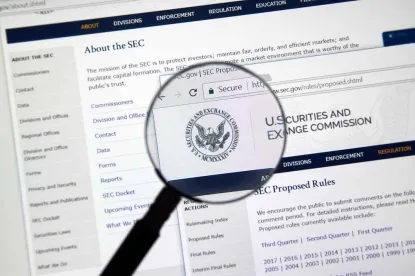On August 16, 2022, the Securities and Exchange Commission (“SEC”) charged 18 individuals and entities in relation to their involvement in a fraudulent hacking scheme. The scheme targeted and hacked 31 online retail brokerage accounts and forced them to make large purchases of certain stocks from two public microcap companies: Lotus Bio-Technology Development Corp. (“LBTD”) and Good Gaming, Inc. (“GMER”). The owners of the accounts that purchased the shares did not authorize the purchases. Both LBTD and GMER already were controlled in large blocks by fraudsters who repeatedly took steps to conceal their ownership. In doing so, the fraudsters artificially inflated the trading price and volume of the stocks and then sold the shares they had acquired at the inflated prices, generating approximately $1.3 million in proceeds and creating substantial profits.
The SEC’s complaint claimed violation of the antifraud and beneficial ownership reporting provisions of the Securities Act of 1933 and the Securities Exchange Act of 1934. Specifically, the SEC charged the fraudsters with engaging in a “transaction, practice, or course of business which operates or would operates as a fraud or deceit upon the purchaser” by “use of any means or instruments of transportation or communication in interstate commerce or by use of the mails […] directly or indirectly.” Some fraudsters also were charged with making untrue statements of material fact and omitting material fact.
While the SEC’s investigation is ongoing, the agency seeks to return ill-gotten gains plus interest, penalties, bars and other equitable relief.



 />i
/>i
